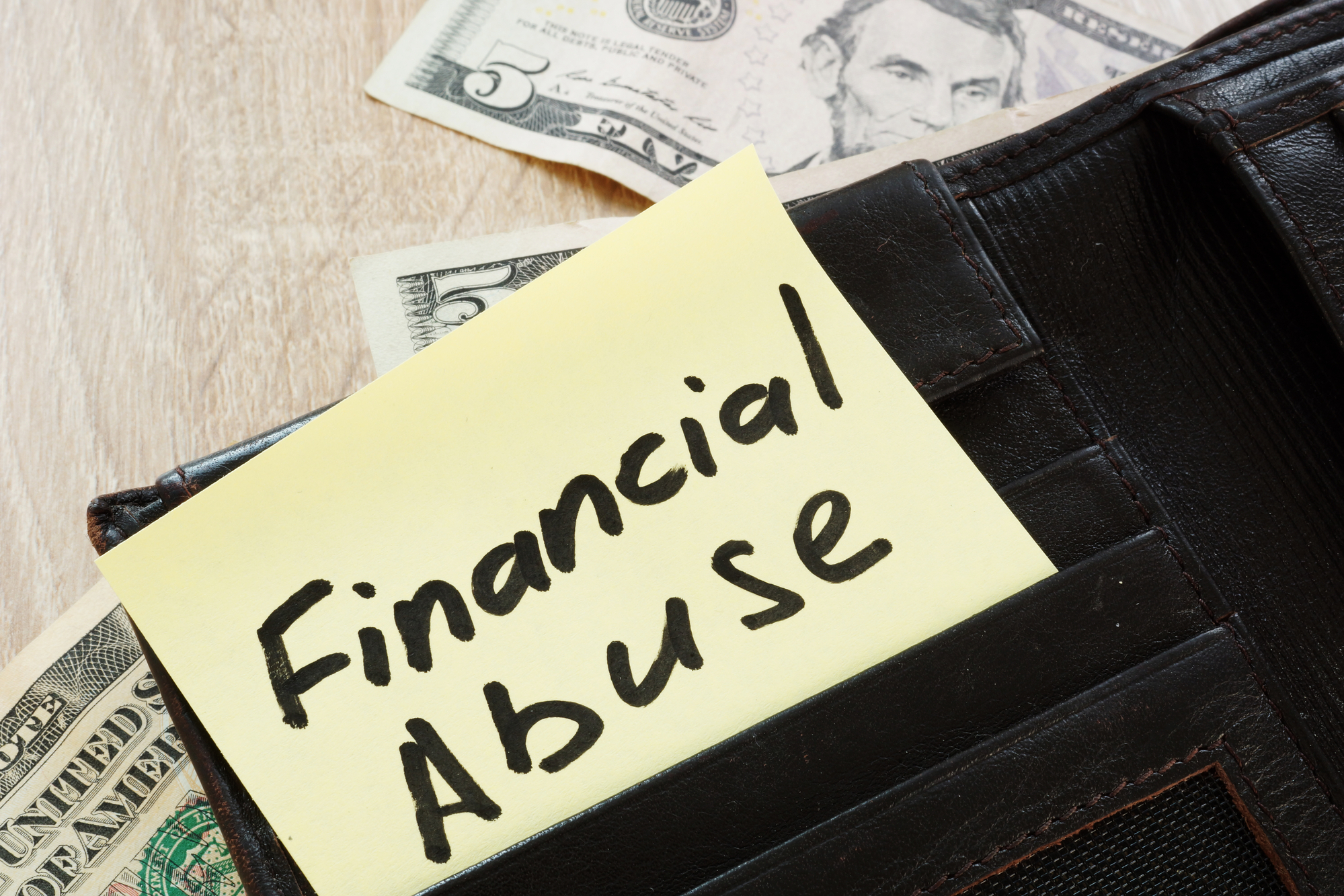Unfortunately, as an individual grows older, the chances of being targeted in a scam or a victim of financial exploitation increase significantly. Scammers often target the elderly or vulnerable because they live alone or have accumulated assets. However, in some cases, it is not a stranger that targets the senior but a close friend or family member who takes advantage of their relationship.
Even though scammers are very skilled at deceit, certain warning signs can alert individuals and those close to them that everything may not be as it seems.
If a scammer is victimizing you or someone you know, there are legal steps you can take to protect yourself. One important rule to remember is that if it sounds too good, it most likely is not legitimate.
If you would like more information about how to recognize and prevent elder financial exploitation, contact our law offices, and ask to schedule a free initial consultation to discuss your case.
Why Are Seniors Frequently Targeted in Scams?
Sadly, seniors are frequently the targets of scams for several reasons. Aside from seniors having more assets and living alone, seniors are often more trusting and lack knowledge in being able to spot or recognize they are being targeted.
Some of the other reasons include:
- Seniors are more prone to being at home or answering the phone than younger generations, making it easier for scammers to gain access to them.
- Scammers take advantage of seniors who live on a fixed income and may be looking for a way to make extra money.
- As some individuals age, their cognitive reasoning abilities decrease, making it harder to realize they are victims of financial exploitation.
Aside from scammers, some seniors suffer financial exploitation from family members, healthcare workers, or others who can access them.
What Are the Warning Signs a Senior is Being Targeted in a Scam or Financially Abused?
Even though seniors are frequently targeted by scammers and others looking to defraud them, several warning signs can alert you to their activities.
These warning signs often include unusual or unexplained financial activity, including:
- Money missing or large withdrawals are made from their checking or savings accounts.
- A sharp increase in their credit card debt.
- Unpaid bills.
- New or unusual spending in the form of money wire transfers or gift cards.
- Checks made out to “cash” to unfamiliar individuals.
- Check made out in large sums to family members for no explainable reason.
In addition to these warning signs, other red flags can alert that someone is taking advantage of a senior, including a new “friend” or sudden romantic interest that seems suspicious. Finally, sudden changes to financial or legal documents, such as adding or removing beneficiaries, may indicate that someone is taking advantage of a senior.
If you feel someone you know is being financially victimized, it should be reported immediately. While some seniors may be embarrassed or feel ashamed about being the victim of a scam or fraud, the sooner it is reported, the greater the chance of potentially recovering the funds.
How Can Seniors and Others Help to Prevent Scams and Financial Exploitation?
Scammers use many tricks and techniques to gain the trust of their elderly victims. However, there are several steps that seniors and others who play a significant role in their life can take to help prevent them from becoming a victim of fraud.
- One of the easiest methods to prevent fraud is to ask questions. If the individual is offering a legitimate service, their statements should remain consistent. However, when questioned too thoroughly, a scammer may constantly change their offer to make it seem more appealing.
- Seniors can designate a trusted contact for their bank accounts and investments. The financial institution can contact the person who has been designated if they cannot reach the account holder and alert them to a problem before it is too late. The trusted contact can receive information about the account but not make transactions.
- Before signing any contract, ensure that the person or business they represent is legitimate. Individuals can check with the Better Business Bureau (BBB) or local law enforcement agencies.
Finally, if you have a senior in your life, one straightforward way to look out for them is to stay in touch. Often older members of society find themselves socially isolated and more prone to victimization. It is also a good idea to get to know a family member’s caregivers, and if something seems out of place, be sure to speak up.
Should I Consult With an Attorney if I Think a Senior is Being Financially Exploited?
If you think a friend or family member has been the victim of financial exploitation, several legal options are available. However, if you feel the individual is in imminent danger of being harmed, you should call 911 immediately and report it to authorities.
If it can be determined that an individual financially exploited senior, civil charges may be brought against them. Through civil court proceedings, the victim may be able to recover money to compensate them for their losses.
Nevertheless, if the individual in question is suffering a mental decline that limits their ability to make sound financial decisions, family members may have to consider guardianship and conservatorship. However, in some cases, it may only be necessary for seniors who find it more challenging to manage their affairs to designate someone they trust with a financial power of attorney who can watch out for their best interests.
If you or someone in your life has fallen victim to fraud or other form of financial exploitation, you need an attorney to advise you regarding what legal options may be available.
Contact Estate Planning & Elder Law Services, P.C. at 888-663-7407 and ask to schedule a free no-obligation consultation to discuss your case.




